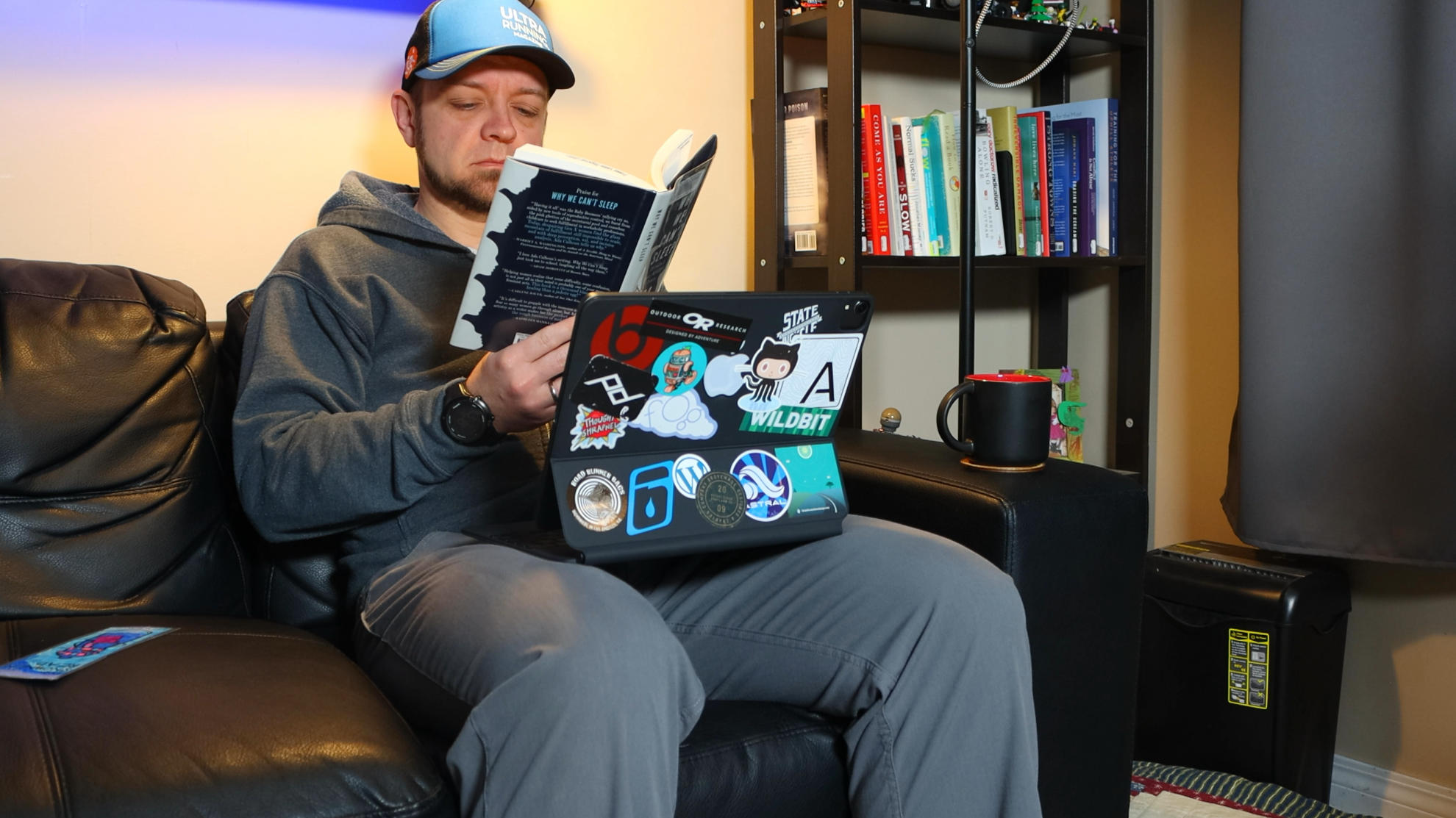Today we're going to take a look at how I get research into my Zettelkasten system. Specifically, what types of inputs do I prioritize for which types of information. Yes, I look at different resources for programming, researching sports watches or for general knowledge.
First, the two tools I use are DEVONthink to hold all primary sources and now Craft to hold my thoughts on primary sources along with literature notes on those sources. I've moved to Craft from Obsidian because Craft has a full iPad application which Obsidian doesn't have. Even the one they say they have planned seems more like iPad software from 5 years ago, mostly a viewer but not a full featured application.
Now let's dig into my research sources.
Most of my research comes from books. Yes I read some blogs but often find much higher quality information from books. Much of my blog reading is friends or those that recommend good resources in the form of books. This tendency towards books has only increased through 2020 and 2021. Most of my reading is done via a physical book because it's nice to not have to stare at a screen.
I do note the irony of writing a blog and saying I don't find much deep information from blogs.
I think this comes down to the higher publishing bar that you hit to get a book contract. You can, and should, publish any thoughts especially unfinished ones on your blog while a book is much more final. A book has editors and fact checkers. A blog has random thoughts that sometimes go together and sometimes don't.
I have a few exceptions to this "book first" approach. One is programming knowledge, which I get almost exclusively from the core documentation of the projects I work on or other online sources. StackExchange is probably the best friend of every programmer, but there are also excellent programming blogs out there. Most often I'm looking to solve a specific problem and find some blog that has a solution I can learn from and adapt to my situation.
The second exception to the book first approach is researching technology products I want to purchase. Most recently this has taken the form of researching running watches because the Suunto Spartan Trainer my wife uses has been a problem since month 3. It barely charges properly and when it's charging it may take an entire day. Plus the battery life is terrible.
When researching watches I've identified a few options that fit her basic wrist size needs and then went into YouTube to see what others are saying about the watches. I'll show off how I research purchases in the future.
Ultimately, that's it. When I read books I take literature notes and then turn them into durable notes in Craft. I take a few notes on programming, but more often they take the form of reference for common things, like the tmux commands I need regularly. For purchases I'll summarize the main points of a resource and eventually summarize the videos as a paragraph or two detailing the product.
